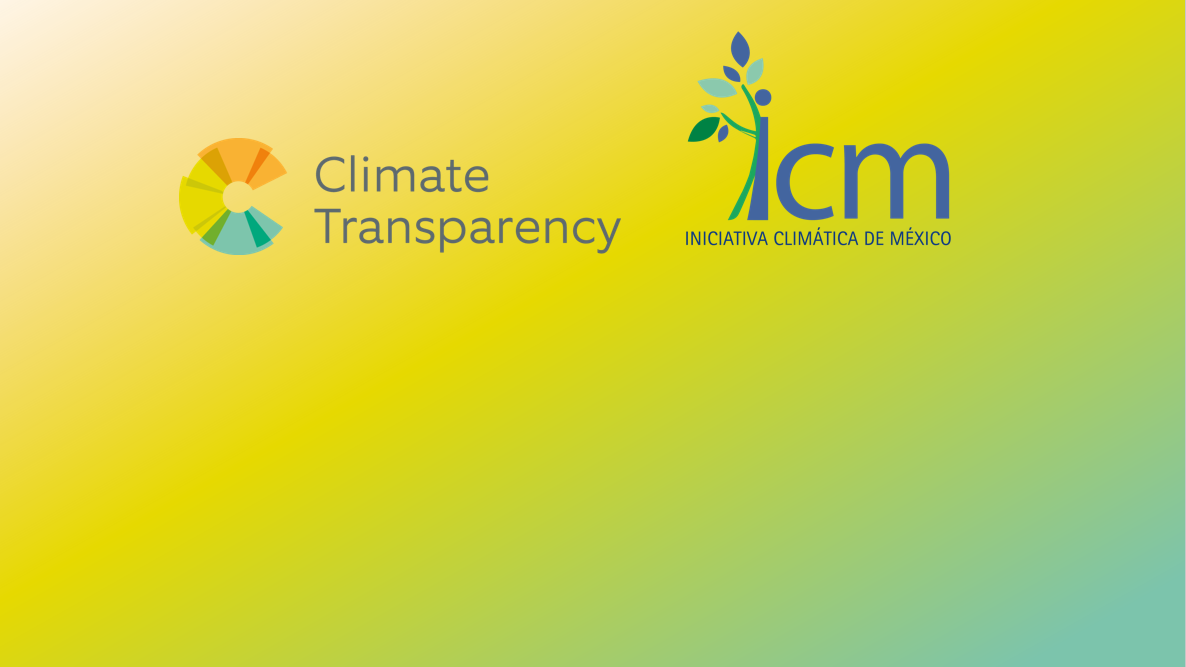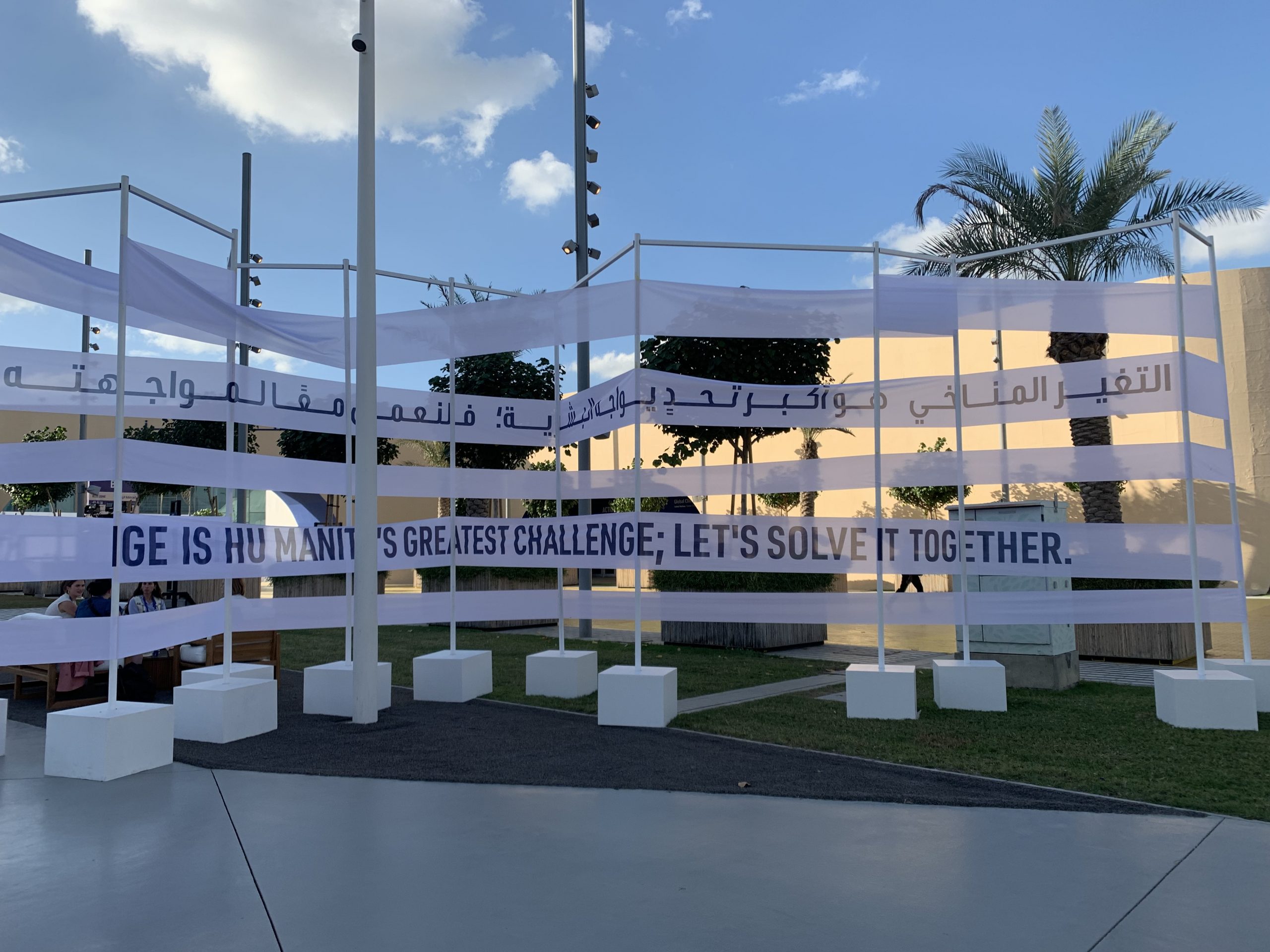Buenos Aires, 28 November 2018; In the week of Argentina’s announcement of the G20 agenda, the Climate Transparency partner Fundación Ambiente y Recursos Naturales (FARN) organized an expert workshop in Buenos Aires in cooperation with the International Secretariat of the initiative. The event brought together representatives from government, NGOs, think tanks, labour and the business community to discuss the opportunities and challenges related to climate change under the Argentinian G20 Presidency.
Enrique Maurtua Konstantinidis (FARN) and Hannah Schindler (International Secretariat of Climate Transparency) presented the Brown to Green Report by giving an overview of the G20 climate performance with a focus on Argentina.
Discussions at the event centered on Argentina’s current climate policy: To be in line with the Paris Agreement targets the report concludes that Argentina needs to develop a long-term emission strategy and raise the ambition of its NDC based on capacities and resources.
The presentation of the report was followed by a briefing of Matias Almang (Ministry of Foreign Affairs and Worship, Argentina), and Enrique Maurtua Konstantinidis on the climate outcomes of the G20 summit in Hamburg and achievements of COP23. The contribution of the United States at COP23 was considered constructive and will be decisive for the G20 process in Argentina. At the same time, the G20 summit next year will be two days before COP24 and therefore its outcomes of high political relevance for the climate negotiations.
In a panel discussion, representatives from the Argentinian Ministry of the Environment and Sustainable Development, the Labour20, the Thinktank20, the Foundations20 and Civil20 presented their views on climate policy options and challenges under the Argentinian G20 Presidency. Carlos Gentile (Subsecretary of Climate Change and Sustainable Development, Ministry of the Environment and Sustainable Development, Argentina) who will lead the G20 Climate Working Group, emphasized the importance of this G20 Presidency: It is the first time a Latin American country will host the G20 summit which will thus reflect a developing country agenda focusing on poverty reduction, employment and education. He further stated that in the area of climate change, Argentina will focus on issues that G20 countries are likely to reach consensus on:
- There will be a stronger focus on adaptation than in previous years by looking at climate-resilient infrastructure including how its development can create employment.
- Argentina strives to share best-practices and experiences on the development of long-term emission strategies.
- Finally, Argentina chose to focus on financing the NDCs by looking at different instruments and sources of finance as well as how to ensure that financial flows are directly linked to NDC implementation.
Julio Rosales (representative of the labour union UOCRA in Argentina, L20 coordinator) pointed to the importance of a just transition and the role of green jobs. While ministries of labour only became part of the G20 process from 2009 onwards, creating coherence between macroeconomic, social and sustainability policies within the G20 is crucial. Rodrigo Rodrìguez Tornquist (Asociación SusterntAR), stressed the need of all G20 engagement groups to develop consistent policy recommendations and work together. The integration of the concepts of mitigation and adaptation should be included in national development strategies. Ramiro Fernández (Fundación AVINA and F20) stated that Argentina needs to tell the other 19 countries that the G20 has to be more ambitious in its climate action and to mobilize a critical mass of the private sector to become engaged in the transition to a low-carbon economy. Enrique Maurtua Konstantinidis called upon Argentina to push for an agreement within the G20 on the phase out date of fossil fuel subsidies. In addition, a strong signal from G20 countries to Multilateral Development Banks to shift their fossil fuel finance to green alternatives is needed.
The event was followed by a briefing for journalists on the G20 and climate change.
Event gallery
Fotos by Gabriel Amato















